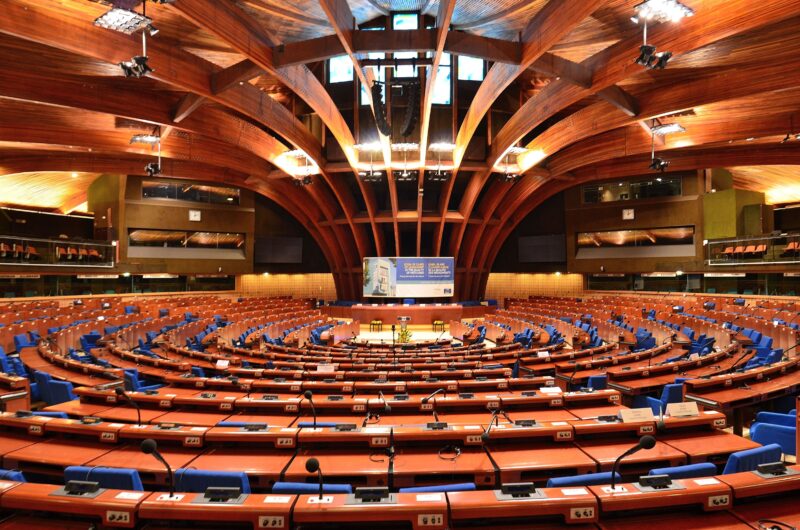
Civil society responds to the Council of Europe Treaty on AI

Civil society open letter demands to ensure fundamental rights protections in the Council position on the AI Act

EU rules for AI have some distance to go

A guide to the Digital Services Act, the EU’s new law to rein in Big Tech

A guide to the AI Act, the EU’s upcoming AI rulebook you should watch out for

The Digital Services Act: It’s time for Europe to turn the tables on Big Tech

Open Letter: Big Tech won’t respect the new Digital Markets Act unless it can be enforced

The Digital Services Act: EU sets a new standard for platform accountability

EU Parliament approves its negotiating position on the DSA

DSA milestone: EU lawmakers have responded to our calls for meaningful transparency for big tech

Civil society calls on the EU to put fundamental rights first in the AI Act
